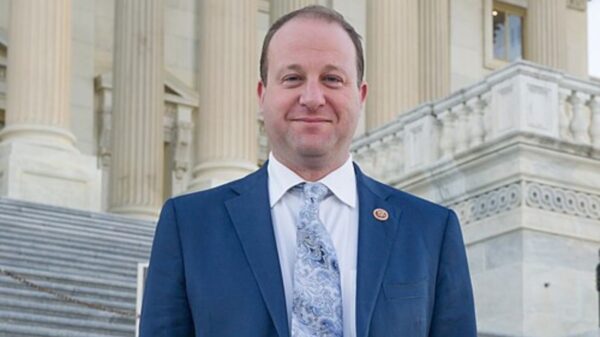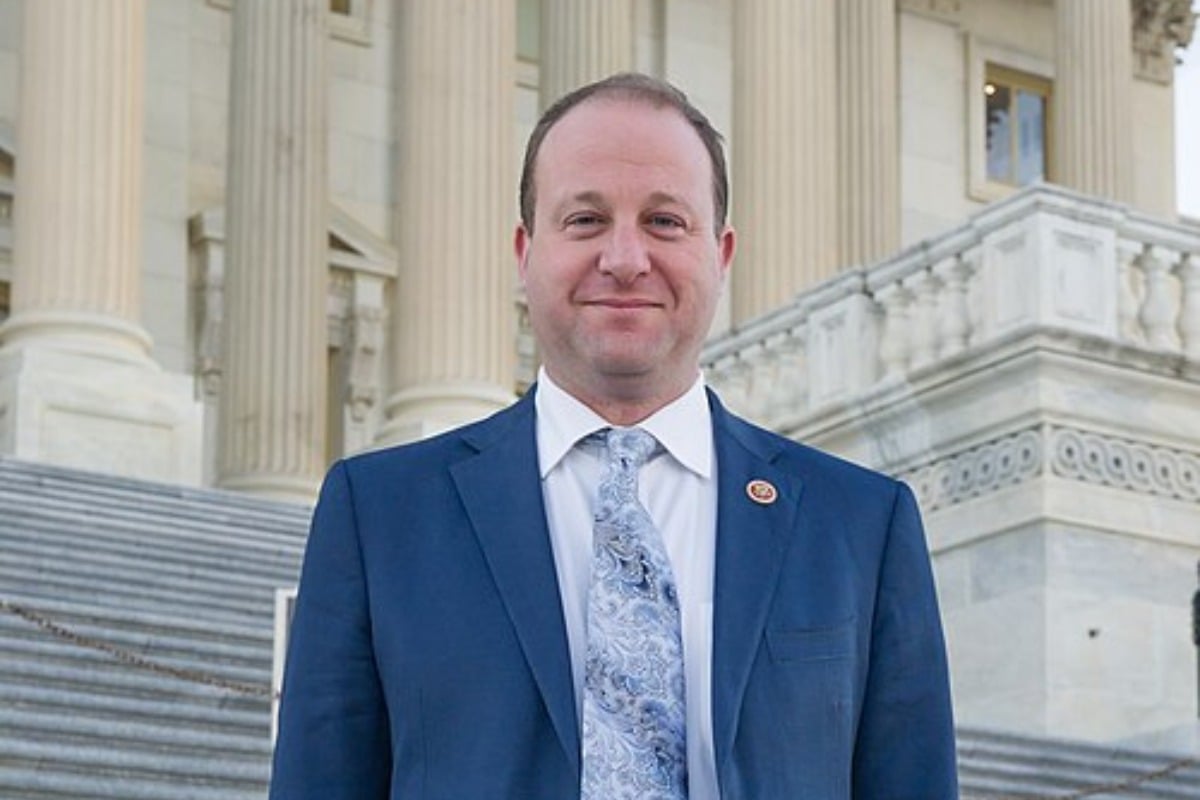Colorado businesses are grappling with significant economic challenges due to the ongoing impact of federal tariffs implemented during the Trump administration. A recent report from the office of Governor Jared Polis highlights these concerns, indicating that tariffs are functioning as a substantial tax on local enterprises. This financial strain is contributing to a climate of uncertainty that may jeopardize jobs and hinder long-term growth.
The report, which incorporates data from the Colorado Office of Economic Development and International Trade (OEDIT), the Colorado Department of Agriculture (CDA), and the Colorado Department of Labor and Employment (CDLE), presents a bleak outlook. An overwhelming 86% of businesses surveyed view the tariffs negatively, while only 14% perceive any benefits. In the agricultural sector, 80% of respondents anticipate adverse effects, including rising prices, sourcing difficulties, and delivery delays. These issues are exacerbated by the complexities of the tariffs, which have led to increased costs across various industries.
“This report confirms what businesses, ranchers, and families across Colorado have been experiencing for months: Trump’s tariffs are a costly tax,” stated Governor Polis, as noted by the Colorado Governor’s Office. The agricultural sector is particularly vulnerable, facing volatile markets and escalating costs for essential supplies such as fertilizer, seeds, and fuel. Labor costs have surged by nearly 50% since 2020, further straining the financial capabilities of local businesses.
Economic Impact and Response Strategies
The consequences of these tariffs are far-reaching. Many businesses are compelled to halt hiring, reassess expansion plans, or postpone capital projects, all of which contribute to a strained economic forecast for Colorado. In response to this ongoing crisis, the CDLE has initiated a comprehensive support plan known as Colorado Rapid Response. This strategy aims to assist businesses facing layoffs and navigate the economic turbulence resulting from federal policies.
As state officials prepare for the implications of federal decisions on fiscal stability, there is a growing concern about potential cuts to essential services. The challenges faced by businesses and the agricultural sector underscore the urgency for protective measures to support the local economy. The upcoming legislative session will likely prioritize strategies to mitigate these adverse effects and enhance economic resilience.
The combination of increasing operating costs, market volatility, and disrupted supply chains poses significant challenges for Colorado’s economic landscape. As the state navigates these turbulent waters, a collaborative approach involving businesses, government agencies, and community stakeholders will be essential in fostering recovery and ensuring long-term growth.








































































